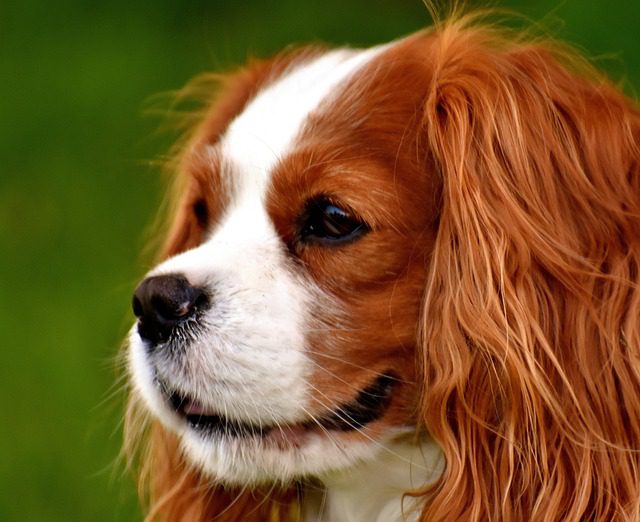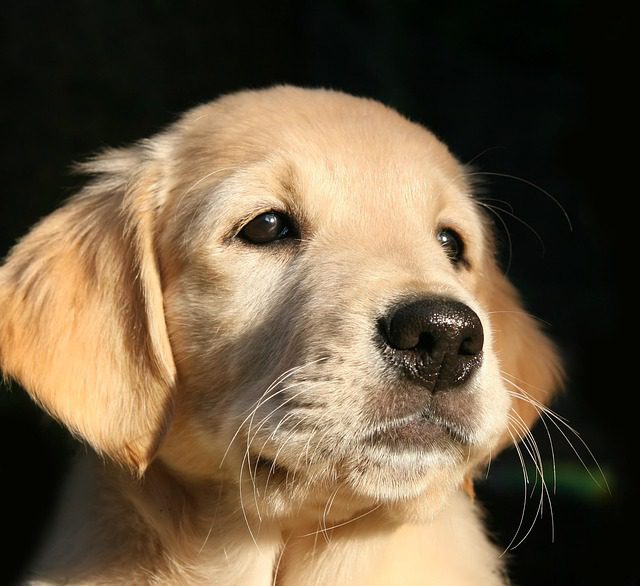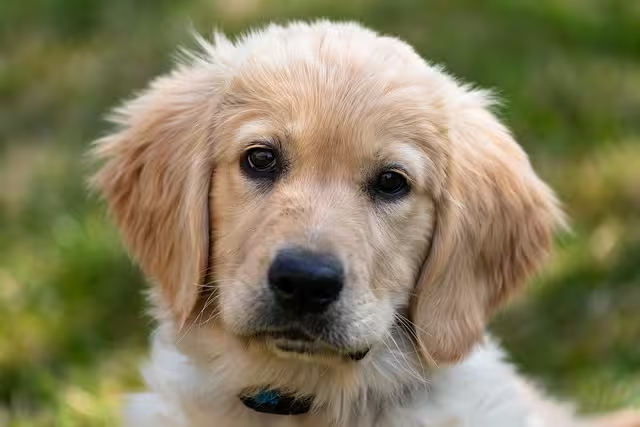Small dogs have a special place in the hearts of dog breeds everywhere. From their adorable faces to their larger-than-life personalities, these pint-sized pups bring endless joy and companionship to their owners. Whether you’re considering adopting a small dog or already have one, it’s important to understand their unique needs and characteristics. In this article, we cover everything you’d like to know about small dogs: from temperament and care to the best breeds for any given lifestyle.
Why Choose a Small Dog?
Small dogs, weighing less than 22 pounds for the most part, have a number of reasons for their popularity. Here are just a few of them:
- Great for Small Spaces: For apartment living or even a home with minimal space, small dogs adapt well.
- Portability: Their compact size makes them easy to travel with, whether you’re going on a road trip or flying to a new destination.
- Long Lifespan: Many small dog breeds have longer lifespans compared to larger breeds, often living well into their teens.
- Big Personalities: Don’t let their size fool you—small dogs are known for their bold, spirited, and affectionate personalities.
- Less Costly to Feed: Due to their smaller size, dogs are less hungry and therefore eat a lot less making the cost for food much lesser.
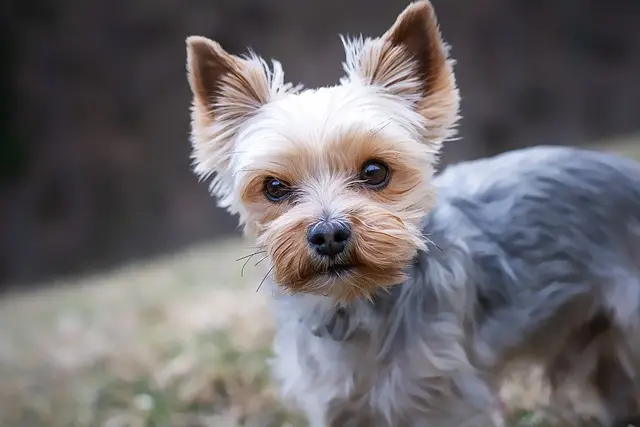
Popular Small Dog Breeds
There literally are hundreds to choose from– all with their different characteristics, but some of the most well-known include:
- Chihuahua: So small in stature yet big in attitude, a Chihuahua is quite the loyal dog breeds for any master.
- Dachshund: Playful, curious, and great with families, the Dachshund has a long body and short legs.
- Pomeranian: The little balls of fur are intelligent, full of energy, and love to be the center of attention.
- French Bulldog: Frenchies are sweet and laid-back, fitting in with city apartment lifestyles and first-time dog owners alike.
- Shih Tzu: Shih Tzus are gentle, friendly dogs that blossom on human interaction.
- Yorkshire Terrier: The Yorkie is small in size but big in spirit-a confident and adventurous little dog.
- Cavalier King Charles Spaniel: Sweet and gentle, Cavaliers are excellent with children and other pets.
How to Care for a Small Dog: Everything You Need to Know
While small dogs are cute and entertaining, they do require some special care. Here’s how to keep your small dog happy and healthy:
1. Nutrition
Small dogs metabolize much faster compared to their larger counterparts. Their nutritional needs are the same as larger dogs but higher energy density food since their energy requirements are higher.
Choose premium dog food that is designed for small breeds, as the kibble is smaller and softer to chew.
Be cautious with portion sizes since overfeeding can result in obesity.
2. Exercise
Despite their size, small dogs require regular exercise to stay healthy and burn off energy.
Daily walks, playtime, and interactive toys are great ways to keep them active.
Be very careful with high-impact activities, as small dogs are more prone to injuries.
3. Grooming
Grooming needs vary by breed, from the long-haired Shih Tzus and Pomeranians that require regular brushing to prevent matting, to the smooth-coated Chihuahuas, which require little in the way of grooming.
Don’t forget to trim their nails regularly, clean their ears, and brush their teeth.
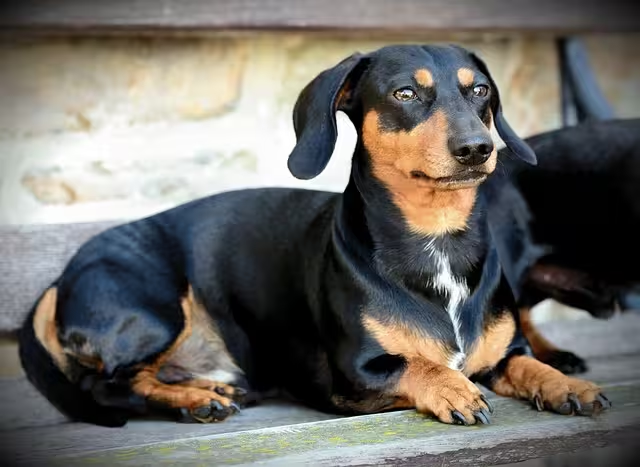
4. Training
Small dogs are no exception to learning. They do well when training is initiated early to establish good behaviors and deter undesirable ones, such as excessive barking or separation anxiety.
Employ positive reinforcement methods like treats and praise to promote positive behavior.
5. Socialization
Socialize your small dog starting early to varied people, other animals, and environments to make them confident and well-adjusted.
Remember to be very cautious with their size when introducing them to bigger dogs since they might feel intimidated.
6. Health Care
Small dogs are prone to dental problems, patellar luxation (knee dislocation), and hypoglycemia (low blood sugar).
Regular check-ups at the vet house, vaccinations, and preventive care will keep your small dog healthy.
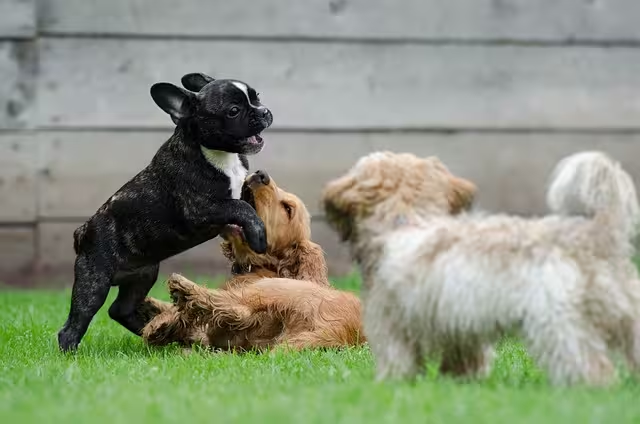
Common Challenges of Owning a Small Dog Breeds
While small dogs make very great dog breeds, they do have their own sets of challenges. Here’s how to address them:
- Fragility: Small dog breeds are tender and get injured easily. Avoid rough games and handle them carefully.
- Barking: Some small breeds tend to bark a lot. Training and socialization can help minimize this behavior.
- Separation Anxiety: Small dogs are often very attached to their owners, which may lead them to feel anxious about being left behind. Give lots of toys and consider crate training to comfort them.
- Potty Training: Small dogs have small bladders, and potty training may be a little more tricky. Be patient and consistent with training.
Best Small Dogs for Different Lifestyles
Not all small dog breeds are created equal, and some breeds are better suited to certain lifestyles than others. Here’s a quick guide:
- For Families: Breeds like Cavalier King Charles Spaniels, Dachshunds, and French Bulldogs are great with kids and other dog breeds.
- For Seniors: Shih Tzus and Maltese are perfect dog breeds for seniors since both breeds have less demanding temperaments and energy.
- For Active People: If you love the outdoors, then a small yet dynamic breed such as a Jack Russell Terrier or Miniature Pinscher will be best for you.
- For First-Time Owners: French Bulldogs and Pomeranians are some of the laid-back breeds that first-time owners would love to have.
Traveling with Small Dogs
One of the greatest joys of owning a small dog is how easy it is to take them with you. Here are a few tips for traveling with your small dog:
- Car Travel: Always use a secure carrier or dog seat belt when riding in the car with your dog.
- Air Travel: Check with the airline you are using for specific pet policies. Most small dogs can travel right in the cabin with you, as long as they are in an approved carrier.
- Accommodations: Book dog breeds-friendly hotels or vacation rentals while making travel arrangements.
- Stuff to Bring: Pack a traveling kit with food, water, toys, and medications for your dog.
Fun Activities that Small Dogs Enjoy
While small dogs may not enjoy the running, jumping, or tussling that larger breeds can, they still love to have a good time. Here’s fun stuff that your little furball will love:
- Agility Training: Set up a mini agility course in your backyard or living room. Small dogs love the challenge!
- Interactive Toys: Puzzle toys and treat-dispensing toys are great for mental stimulation.
- Playdates: Set up doggy play dates with other small dogs to give your puppy time to socialize and run around.
- Trick Training: Teach your small dog breeds fun tricks like rolling over, playing dead, or giving high-fives.
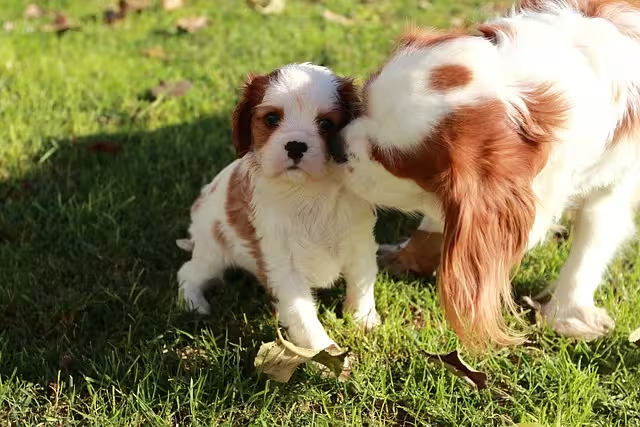
Conclusion
Little in size, small dogs are behemoths of hearts, living and bringing great joy to people’s lives. Be it because of their appealing personalities, due to the reason of portability, or perhaps because of an overall cute look, it can’t be ignored that small dogs make very fine dog breeds. If you know about their specific needs and offer love, care, and attention towards them, then you will find your little canine buddy enjoying a happy, healthy, full-of-life existence. So, if you are ready to invite a pint-sized pup into your home, be prepared for a lifetime of love, laughter, and memories that will never be forgotten.



